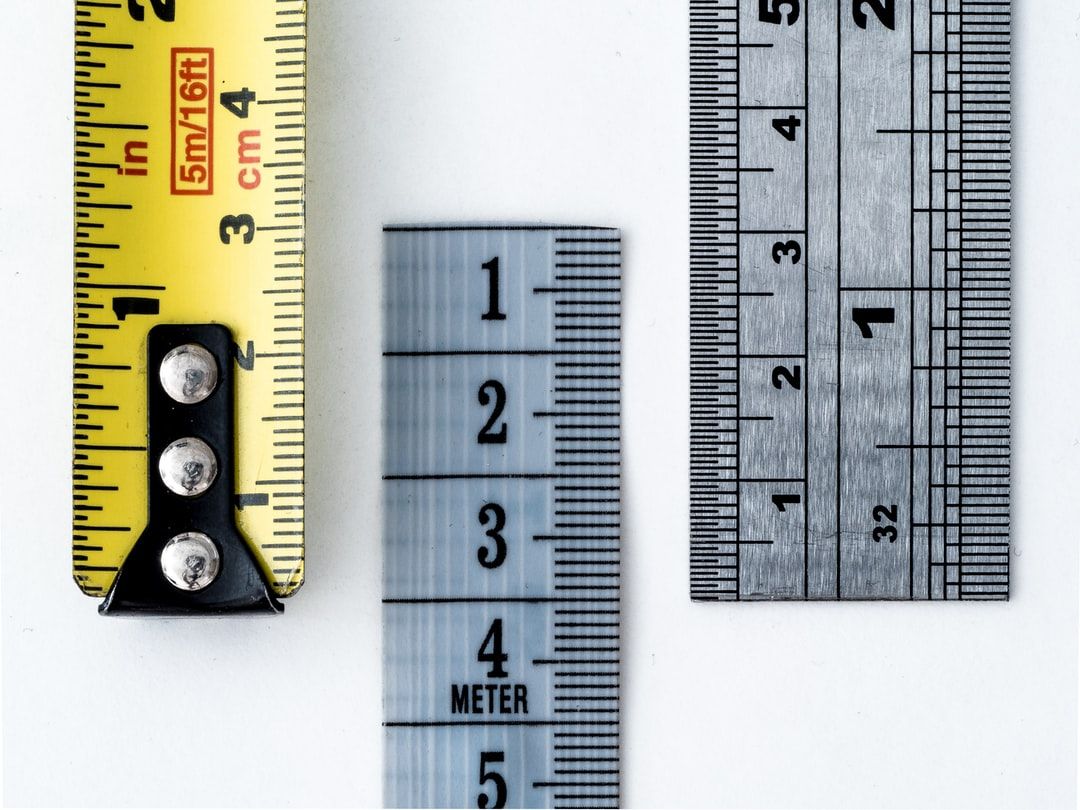
How differently would you feel wearing your preferred clothes, compared to wearing the clothes that do not quite fit? How would you feel in the same social situation but wearing different clothes?
This analogy is the identical experience of working in a job that suits you, compared to a job that does not.
Work that matches your behaviors is just like that favorite set of clothes. You are comfortable and confident in what you do. This leads to satisfaction and success in the job because you perform the job to a high standard. You fit the job, and the job fits you.
This analogy is the identical experience of working in a job that suits you, compared to a job that does not.
Work that matches your behaviors is just like that favorite set of clothes. You are comfortable and confident in what you do. This leads to satisfaction and success in the job because you perform the job to a high standard. You fit the job, and the job fits you.
How does this ‘fit’ to a job happen? Its simple. The fit with the job means your brain is working the way it likes to work. Your brain is sculpted by your lifetime experiences, upbringing and education. The brain is learning and going through this sculpting process all of the time. A Saturday afternoon spent on a hobby: the brain is learning, a school assignment being worked on, the brain is learning. Time spent with family and friends; the brain is learning.
These and so many other experiences, some small and some not so small shape our individual behavior preferences. The brain likes familiarity, when it is engaged in things that it has done many times before, it works in its natural state of familiar patterns that create our visible behaviors.

When the brain is engaged in activities and in situations much less familiar, the brain has to work harder, up to 100 times harder. This means more effort, the brain that works harder consumes more oxygen leaving less for the bodily functions, which creates tiredness, fatigue and even stress.
Working in a job that does not fit your behaviors is just like wearing clothes that don’t quite fit. Sure, you can make do, you get accustomed to the less familiar, you adapt your behaviors to be something different in your work to who you really are. To begin with, it feels uncomfortable, , but hey, that’s work, right?
Many people wear a different set of behaviors to their work because the work does not require their unique set of natural behaviors. This is a real shame. We cannot perform at a high level in work that does not fit with who we are.
Here are a few tips to help you on your way:
• Get to know your preferred behaviors. Get used to them, get familiar with them to be aware of your strengths and weaknesses, your likes and dislikes.
• Be open-minded to jobs that suit you. Jobs that are quite different can require the same behaviors.
• Don’t limit your career options to skills and qualifications. They are important, but by themselves they won’t predict how satisfied and how successful you can be.
• Look beyond a job title. Explore the daily tasks, the routines, and the working environment
• Talk to people who entered the workplace in recent years, learn from their early experiences

